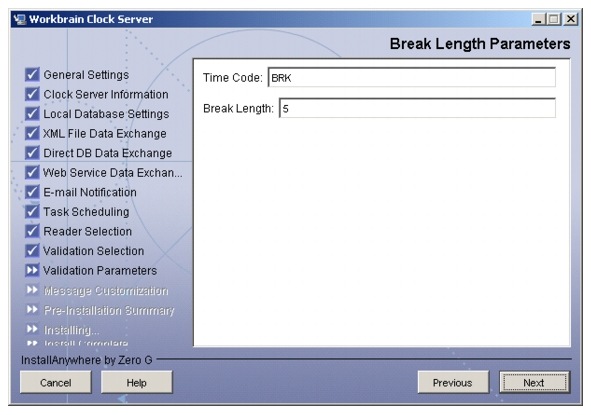Under the Fair Labor Standards Act, the Wage and Hour Division of the U.S. Department of Labor has established regulations regarding things such as minimum wage, overtime pay, and how employers are to track employee hours, based on time clocks. The FLSA not only establishes guidelines for hourly clock rules, it also provides a grace period system so that employers know how to handle start and end times that occur outside the boundaries of a prescribed work schedule.
- Paycom User Employer Manual Employee Grace Period Date
- Paycom User Employer Manual Employee Grace Period Of Life
Basic Hourly Clock Rules
The FLSA requires all employers to accurately count and pay for every minute that employees work. Failure to do so could result in a violation of the minimum wage law, if the employer doesn’t pay for all hours that an employee was on the job. This is especially important for employers that pay on an hourly basis, because without a good tracking system, there is a high likelihood of payment errors. To prevent this from happening, many companies have established automated tracking systems for their employees. Typically, this involves either punching a time card that records when an employee began and ended work, or scanning a company card through a device that records when work began and ended.
Rounding Hours
Employees - How to use your Paycom timesheet.pdf. Employees - How to use your Paycom timesheet.pdf. The Paycom app makes it even easier to access Employee-Self Service on your mobile.Functionality is dependent upon whether your employer has enabled these products. Paycom.com 800.580.4505 2017-P242 Employee Self-Service Made Simple Paycom App! Download the 1 2 3. 8:45 AM 100% Employee Self-Service.
There are some instances in which punching in by the hour creates problems about when an employee actually began working. For example, if work time starts at 8:00 a.m., and there’s a long line to punch in during the morning, some employees may not punch in until 8:06 a.m. That means that through no fault of their own those employees would lose six minutes of work time. Another circumstance that often occurs is that employees for an 8:00 a.m. shift arrive early and punch in at 7:54, but they spend the next six minutes chatting and drinking coffee, before they actually start work at 8:00 a.m. By law, employers must pay for those six minutes even though their employees weren’t doing any work. To resolve these problems, the government allows employers to use what is known as ‘rounding,’ which provides a grace period for employees and allows employers to round up the time employees clocked in either up or down depending on the circumstances. For rounding to be legal, it must be fair to both employers and employees, meaning that it can’t work in favor of only one side, and the rounding increments must be 15 minutes or less. Most importantly, employers can’t round in any way that would deprive employees of being paid for every hour they actually worked.
Rounding Examples
There are several rounding methods, including rounding by 15 minutes, rounding by six minutes, and rounding by five minutes. In the 15-minute method for example, if a worker punches in between 7:54 a.m. and 8:09 a.m., the punch is recorded as 8:00 a.m. If that worker punches in at 8:10 a.m., the punch is recorded as 8:15 a.m. In the six-minute method, an employee that punches in between 7:54 a.m. and 8:00 a.m. is recorded as starting work at 8:00 a.m., and an employee who punches in at 8:04 a.m., is recorded as starting work at 8:06 a.m. With the five-minute rounding method, an employee that punches in between 7:55 a.m. and 8:00 a.m. is recorded as starting work at 8:00 a.m., and an employee that punches in at 8:03 a.m. is recorded as starting at 8:05 a.m.
References
Resources
Paycom User Employer Manual Employee Grace Period Date

About the Author

Sampson Quain is an experienced content writer with a wide range of expertise in small business, digital marketing, SEO marketing, SEM marketing, and social media outreach. He has written primarily for the EHow brand of Demand Studios as well as business strategy sites such as Digital Authority.
